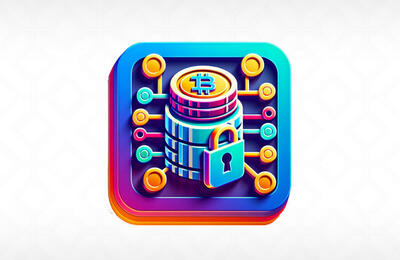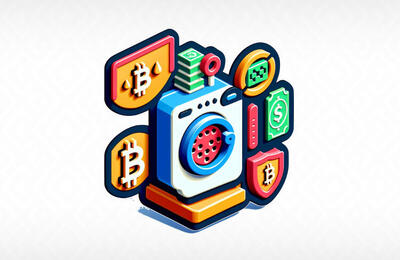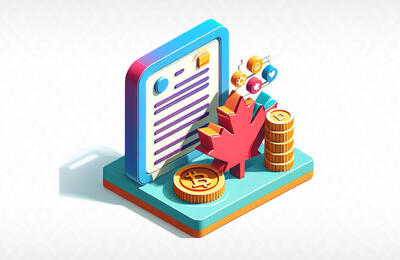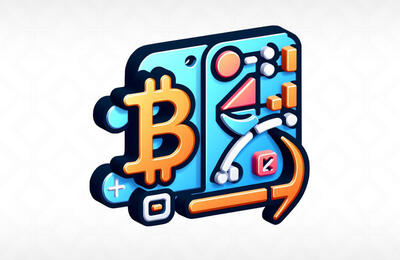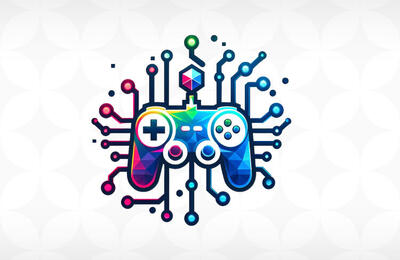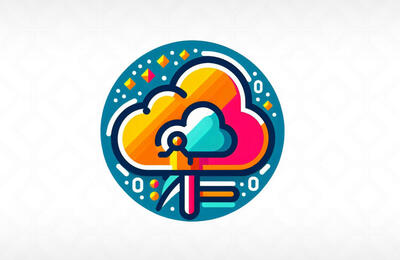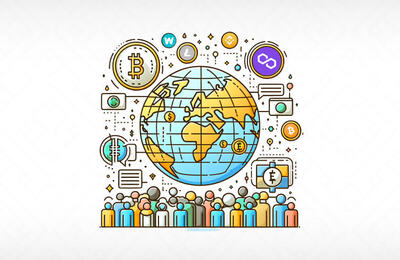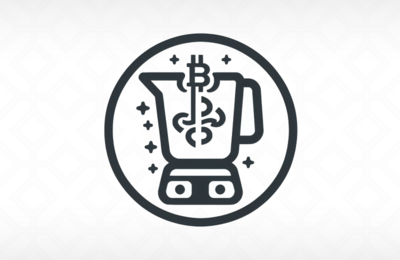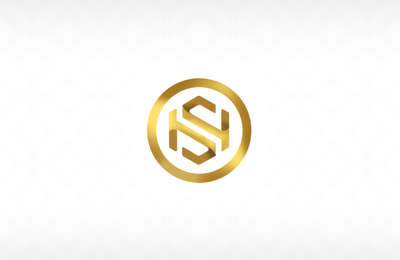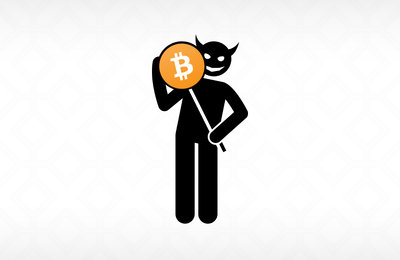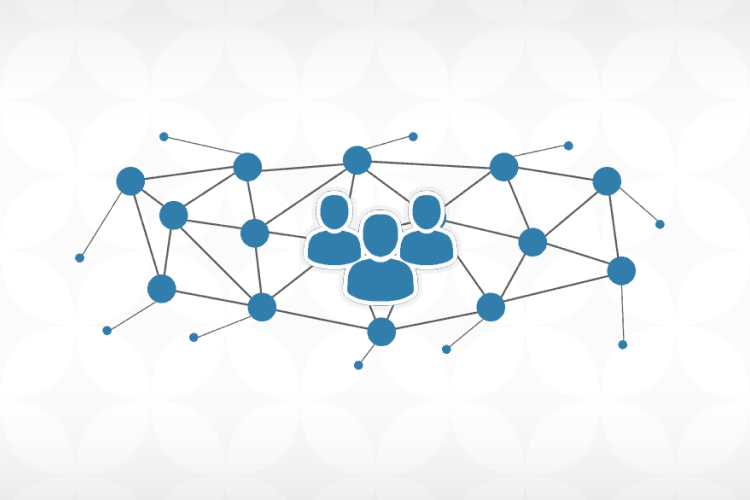
When it comes to the application of blockchain technology, you'll notice that it's fully decentralised. Cryptocurrency is a popular term for the way people share money on the blockchain. Various apps and websites, such as trustpedia.io/trading-robots/bitcoin-era/, are used for trading. If the entire saga is approved for average folks, it will significantly impact day affairs. The government has not yet approved the usage of blockchain and cryptocurrency in their entirety.
However, when you consider it from the government's perspective, you'll see that relinquishing power over the currency zones may be difficult. What is the relationship between blockchain and cryptocurrencies and civil rights? Let us proceed after learning more about this field.
What is blockchain, and how does it relate to cryptocurrency?
Blockchain technology can be thought of as a type of technology that can aid in the storage of data without producing any changes to it. The transactions could be logged with a unique cryptographic signature that only the user can see. Blockchain is the source of cryptocurrency.
It's a type of digital cash that can be substituted for traditional money. The value of the currency that is shared on the blockchain cannot be readily changed. They are also more challenging to obtain. It is widely assumed that bitcoin will be one of the world's future currency sources.
What distinguishes it from traditional money?
The most significant distinction is that cryptocurrency is entirely decentralised. Traditional money is handled by the government and banking institutions. In the case of cryptocurrencies, there is a note on how each note is used, which can be entirely deleted. The decentralised nature of cryptocurrencies has also drawn a large number of users from all around the world.
What does it have to do with civil rights?
If you want to run a blockchain facility, you'll need public approval. It has been observed that cryptocurrency, the primary product of blockchain technology, is becoming an increasingly important aspect of the dark web, which encompasses most illicit operations carried out on the internet. Because blockchain is frequently used anonymously, this cannot be traced back to the user.
While the blockchain user has one of the most acceptable ways to deal with information storage, who has been utilising the data for their reasons may be lost. In the context of blockchain technology, pseudonymity becomes a significant difficulty.
Blockchain technology acts as a stumbling block for the entire financial system. This can also lead to government intervention. When an individual's safety is jeopardised, there is a risk that their civil rights will be threatened as well. If someone uses blockchain to post some of your information on the web platform without your permission, you will almost certainly be able to monitor the file's journey, but it will be nearly hard to figure out who leaked the data.
Concerns about safety
As a layperson, certain regions may be tough to comprehend, but you should be aware that they are not wholly risky. Although blockchain may represent a personal risk to users, the system's invulnerability makes it more trustworthy for others. Unstoppable code is typically used in blockchain systems. Working in the domain of blockchain, users can also benefit from unilaterally modified or stopped codes.
Conclusion
The public blockchain system operates without any permission, and you should be aware of this because it may infringe on your rights. On the blockchain, try to avoid disclosing personal information. Even in the enormous web platform, this should be sufficient to keep you safe in the long run. It's a little sneaky, but it's not entirely detrimental to your civic rights.


